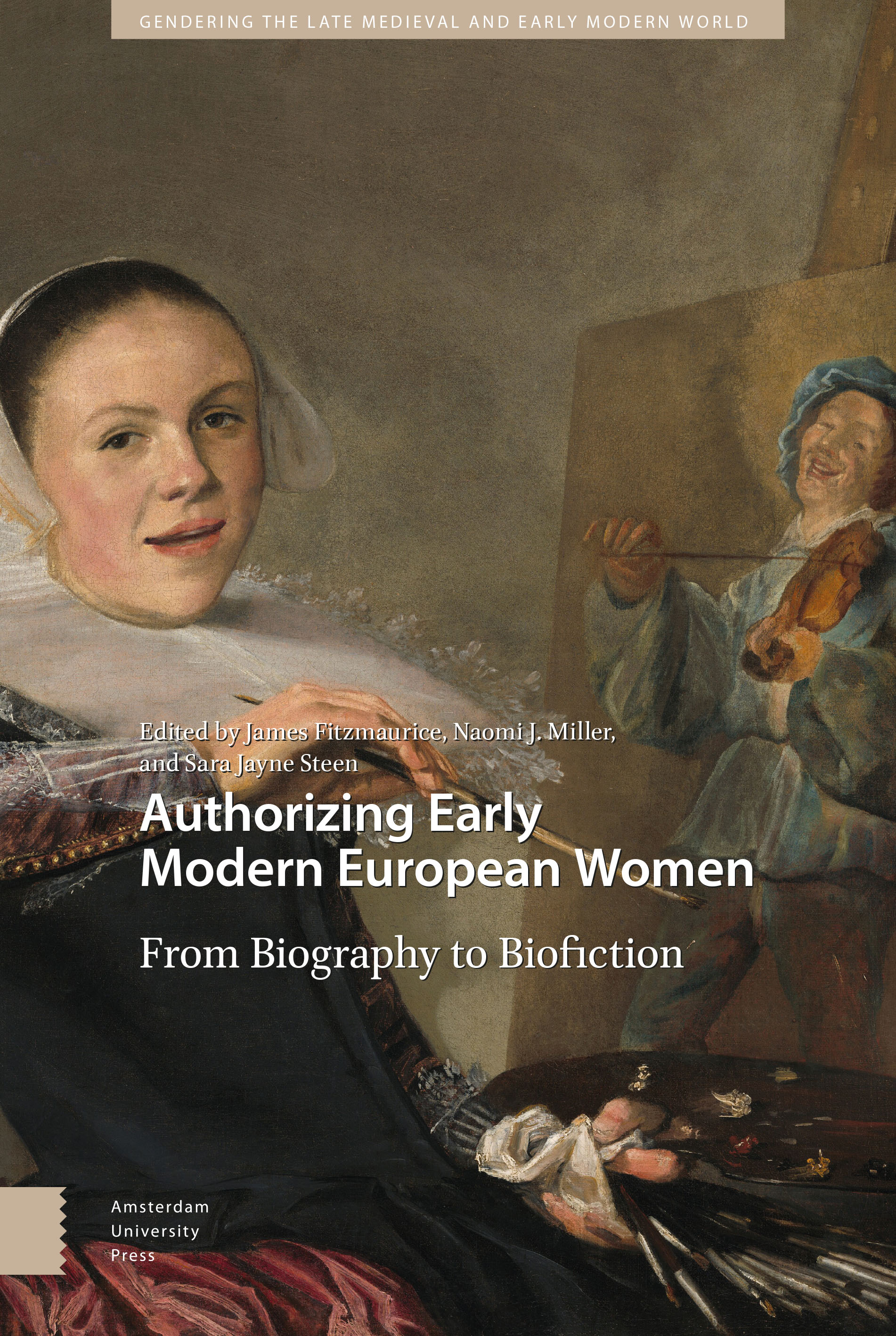13 - “Beyond the Record: Emilia and Feminist Historical Recovery”
Published online by Cambridge University Press: 16 December 2021
Summary
Abstract
Shakespeare's Globe's 2018 world premier play Emilia aimed to restore the spotlight to Aemilia Lanyer, a poet who has been proposed as the true “Dark Lady” of Shakespeare's sonnets. In so doing, playwright Morgan Lloyd Malcolm proposed that only fiction, not history, can free women of the past from the dismissal and neglect perpetuated by patriarchal historians. This chapter explores the nature and methods of this rejection of the possibility of feminist historical scholarship, tracing Lloyd Malcolm's historical and cultural influences and the nature of audience response to the production to demonstrate the radical possibilities both permitted and foreclosed by Lloyd Malcolm's approach.
Keywords: feminism, historical fiction, Aemilia Lanyer, Shakespeare's Globe, Morgan Lloyd Malcolm, performance
Just over 50 pages of the printed text of the play Emilia is a reprinting of poems from the titular Aemilia Lanyer's work Salve Deus Rex Judaeorum, which was itself first printed in 1611 and is one of the first collections of published poetry by an Englishwoman (Woods, p. xv). The play text was initially released in conjunction with Emilia's 2018 premier at Shakespeare's Globe, with a new version printed to accompany the production's 2019 West End run; both include Lanyer's poetry after the text of the play itself. In the 2018 edition, the poems are presented without annotation or any commentary save an introduction from playwright Morgan Lloyd Malcolm, in which she explains the decision to include the poetry in this format: she and her collaborators read the oft-quoted excerpts about Lanyer from Simon Forman's diaries, in which he writes that “she is or will be a harlot” and that “[s]he was a whore and dealt evil with him after” (Lloyd Malcolm, p. 105). Lloyd Malcolm explains that she and her collaborators “were pretty angry that his words have come to be so important in the retelling of her story for so many […] the more recent publication of [Lanyer's poetry] by A. L. Rowse unfortunately includes a lot of what Simon Forman said about her in the introduction. I wanted to re-publish her poems with the play to hopefully give them exposure through a different lens” (p. 105).
- Type
- Chapter
- Information
- Authorizing Early Modern European WomenFrom Biography to Biofiction, pp. 165 - 178Publisher: Amsterdam University PressPrint publication year: 2021

